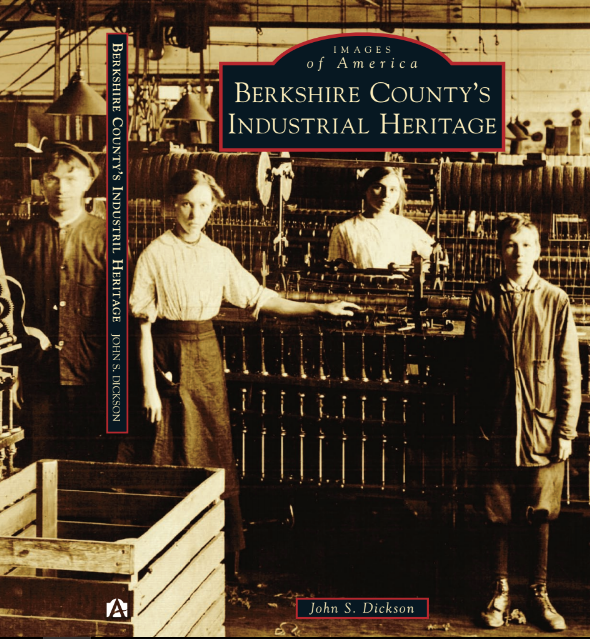The Rural We: John Dixon
The expert on the industrial past of the Berkshires explains why the area is still dotted with historic mill buildings.

The expert on the industrial past of the Berkshires explains why the area is still dotted with historic mill buildings.

Despite a long career in the foreign service (and the Peace Corps before that), John Dixon has a special fascination with Berkshires history, particularly its industrial past and the many old mill buildings still intact or in partial ruin in Berkshire County. He will be giving a talk, “The Industrial History of the Berkshires” at the Bidwell House Museum in Monterey on Sunday, September 17 at 1 p.m., both in person and on Zoom.
I was in the Peace Corps in Gabon, central Africa, in the late 70s as an English teacher in a French-speaking country. When I was there, I met a young woman from Pittsfield also serving there, and we got married. When we came back, I taught in New Hampshire public schools, then joined the foreign service in public diplomacy, which meant press and culture. I served as a cultural officer in Nigeria, South Africa, Peru, and Mexico, and became deputy chief of mission in Mexico and Ottawa. We also spent two five-year tours in Washington, DC. It was a wonderful career.
When we retired, we came back to Pittsfield and bought a house that had been in my wife’s great grandfather’s family, spending a couple years rehabilitating it. The restoration of the house moved me into the arena of historic preservation. I went back to university and got a master’s degree in history at UMass. I interned at the Berkshire Historical Society and one of my projects focused on Berkshire County’s industrial heritage. Through that I concentrated on the mills. I chose to study the mill that abuts my house, one of the old Pontoosuc woolen mills, now called Wyandotte. I turned that research into a book for Arcadia Publishing, which publishes books about local history.
People come to history through personal experiences, as I did — I was living next door to a mill. As I drove around the county to research, I would see these massive buildings — 11 woolen mills in Pittsfield alone. For a rural county, this was unique, with its niches in paper and wool. There was a confluence of events around 1800 with the arrival of Zenas Crane looking for clear water to make paper. He found it in Dalton, but there were other fast-moving streams leading into the Housatonic River that could power the mills. Elkanah Watson brought in Merino sheep. That high-quality wool, fast-moving water and machine created the perfect storm. By the late 1800s there were 500 manufacturing establishments in the Berkshire County, making glass, iron, rakes, shoes, pens, and paper.
A number of the old mills have been repurposed. The Silk Mill in Pittsfield has been converted into apartments and the Stationery Factory in Dalton is a multipurpose and event space, just two of the functional, solid buildings that are still standing.
